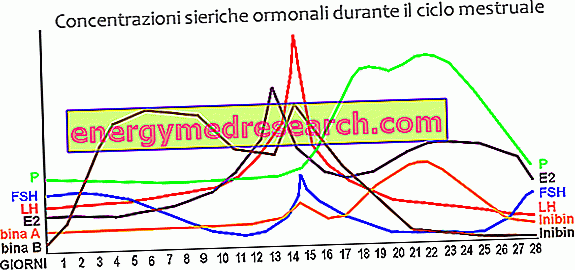Related articles: Portal hypertension
Definition
Portal hypertension is mainly caused by increased resistance to blood flow in the portal vein. It occurs in liver disease, blockage of hepatic veins or in cases of altered venous outflow from the liver.
The portal vein drains the blood from the abdominal gastrointestinal tract, spleen and pancreas, channeling it to the liver. Normally, the portal pressure is 5-10 mmHg (between the portal vein and the hepatic veins there is a gradient of about 3-5 mmHg): higher values are defined as a portal hypertension. This condition is associated. in most cases. hepatic cirrhosis, schistosomiasis (in endemic areas) and vascular hepatic abnormalities. However, it can also result in primary biliary cirrhosis, sarcoidosis, hepatic fibrosis, alcoholic hepatitis, heart failure, pericarditis, hepatic venous thrombosis and splenomegaly caused by a primary haematological disease.
The consequences of portal hypertension derive from the stagnation of blood in the organs that drain into the portal vein; we will therefore have ascites (collection of fluid in the peritoneal cavity), esophageal varices, haemorrhoidal disease, enlargement of the spleen, hemorrhages of the upper gastro-intestinal tract and porto-systemic encephalopathy.
Possible Causes * of portal hypertension
- Alcoholism
- Primary biliary cirrhosis
- Liver Cirrhosis
- Sclerosing cholangitis
- Echinococcosis
- Hepatitis
- Hepatitis B
- Hepatitis C
- Hepatitis D
- Lassa fever
- Hepatic fibrosis
- Heart failure
- Myelofibrosis
- Schistosomiasis
- Heart failure
- Non-alcoholic fatty liver disease
- Liver tumor



